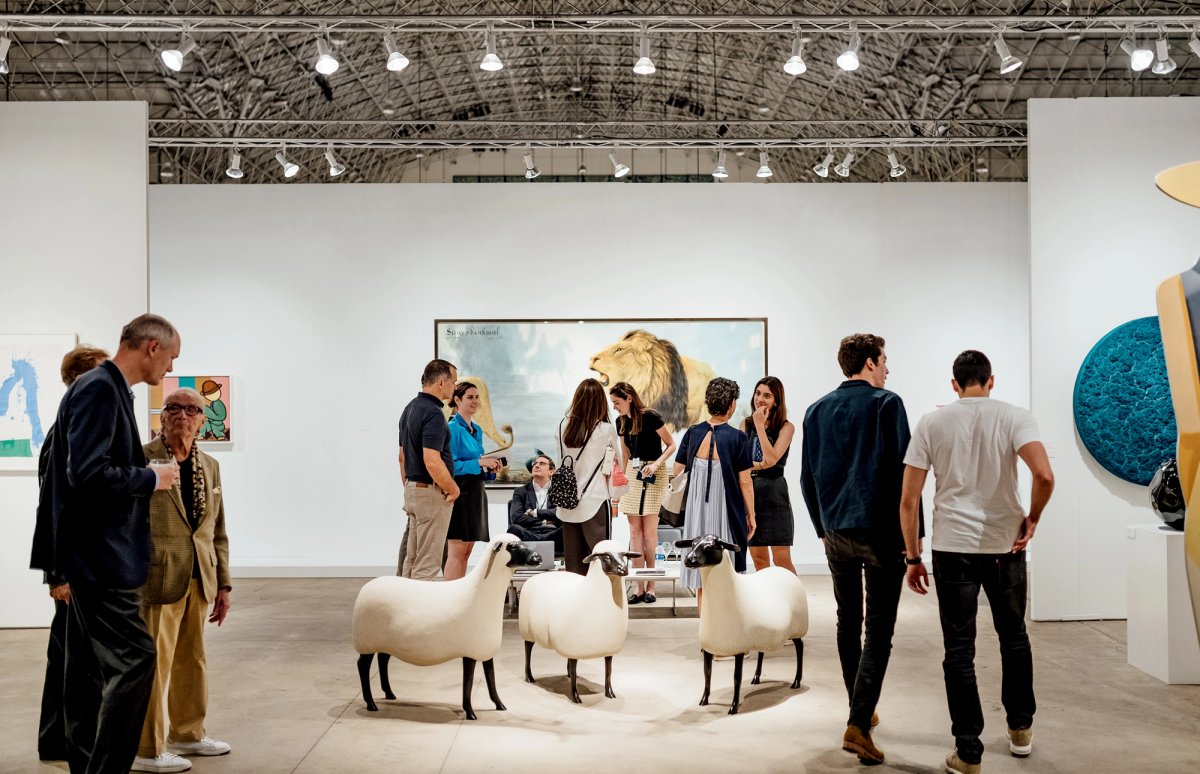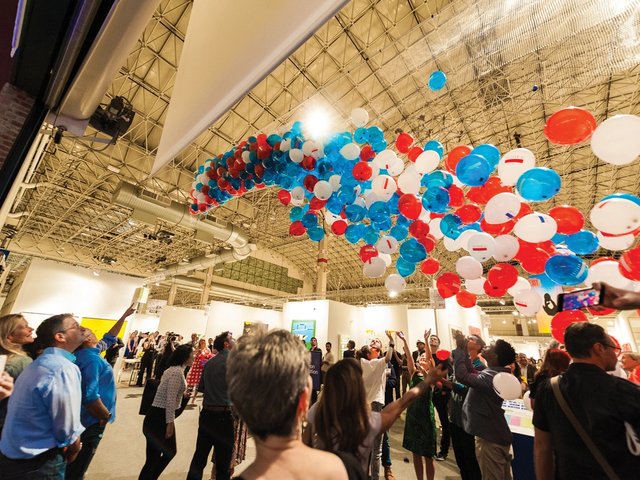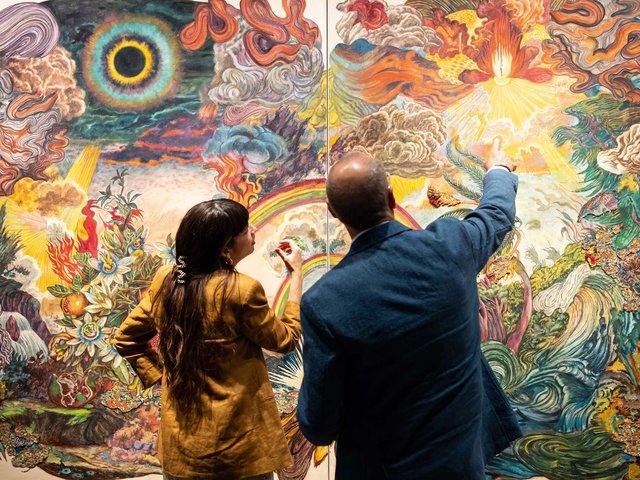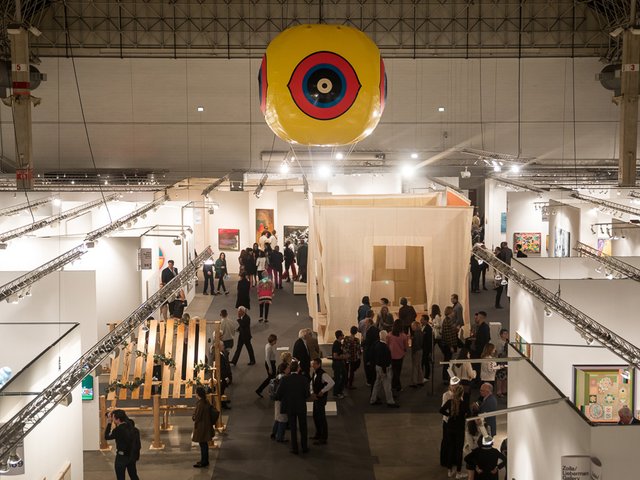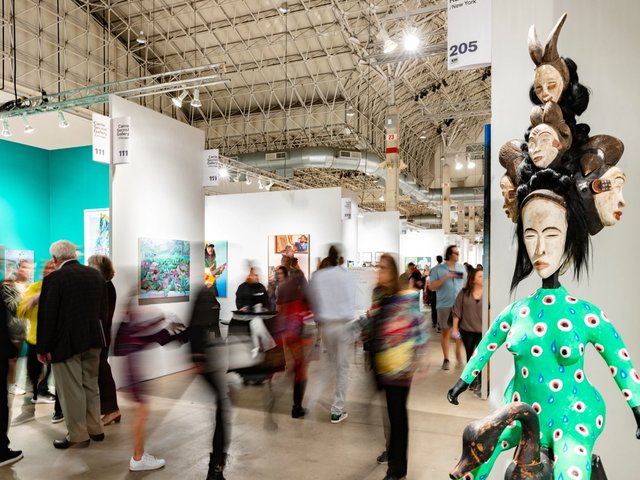For multiple reasons, not the least of which is the Covid-19 pandemic, which for over two year kept collectors and aficionados off on the tarmac and swiping through online viewing rooms and virtual galleries, the art fair landscape is significantly different now than it was in 2019, when Expo Chicago last held an in-person fair. Still, over the last 12 months, beginning with Frieze New York, US art fairs have reemerged as premier social and commercial events, at first cautiously and then with the vigour that many remember as “the good old days”.
So where does this landscape shift leave regional fairs like Expo Chicago? The answer lies in the programming, curatorial partnerships and service-oriented nature of what fair director Tony Karman calls Chicago’s “big little fair”. According to Karman, Expo Chicago is not a regional fair but rather “an international fair that is supported heavily by the region”. This year’s edition will feature over 140 galleries from 25 countries including Azerbaijan, Canada, Japan and the Netherlands. The Exposure section, which presents solo and two-person booths from galleries ten-years-old and younger is especially global with galleries from Berlin, Athens and Istanbul and a strong cohort of Latin American galleries.
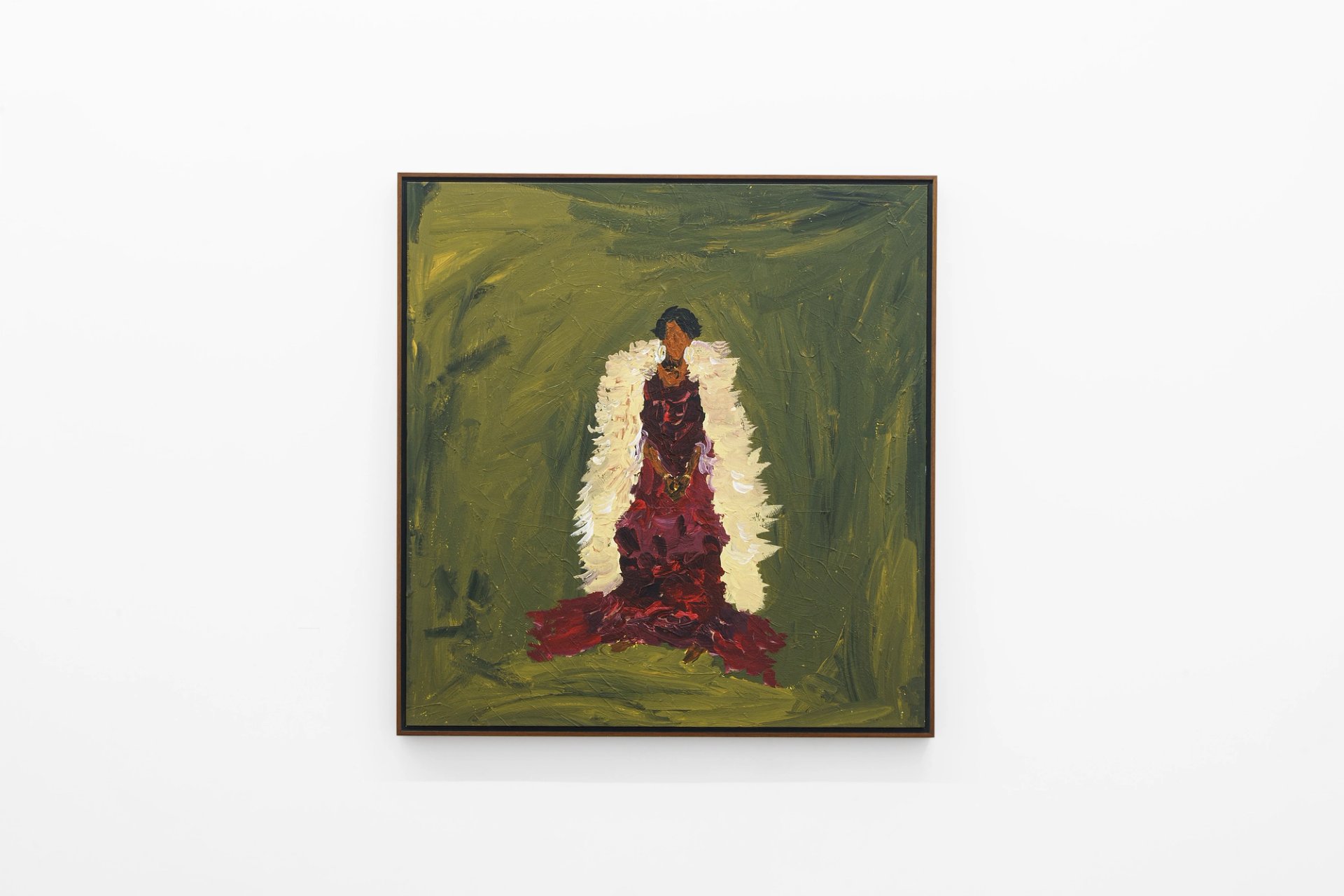
Elian Almeida, Josephine Baker (Vogue) (2022) photo by Flavio Freire, Courtesy of the artist and Nara Roesler
“We are looking forward to strengthening our connection to the region even further,” says Frederik Schampers, the New York director of Brazil’s Galeria Nara Roesler, which is bringing works by four Brazilian artists to the fair.
That connection is integral to how Karman sees Expo Chicago’s mission. “First and foremost, the fair exists in service of the exhibitors,” Karman says, “who are in turn in service of the collectors and the cultural ecosystem. But we are well suited to play a role in fostering and supporting the next generation of collectors and allow people to connect and become educated. I think dealers around the world recognise that you have to groom new collectors and work with individuals that are inquisitive that can become the next Rubells. They had to start somewhere.”
Cultivating newer collectors has for years been a hallmark of Expo Chicago. As a mid-level fair, you would be hard pressed to find the manic VIP-day crush or the multi-million dollar sales. What you will find, if trends from past years continue, are younger, thoughtful collectors with nascent collections who attend the fair to learn and connect as much as they do to buy.
"The gallery has been participating in the fair for nearly a decade, and Expo always gives us an opportunity to engage with our strong collector base as well as curators for leading institutions in the Midwest,” says San Francisco gallerist Jessica Silverman, who served on the fair's selection committee. “There has been unwavering support for our roster including both longstanding artists we've worked with over years and those new to our program. As a member of the selection committee this year, our relationship with the fair continues to evolve and grow. It's really become a valuable moment for us.”
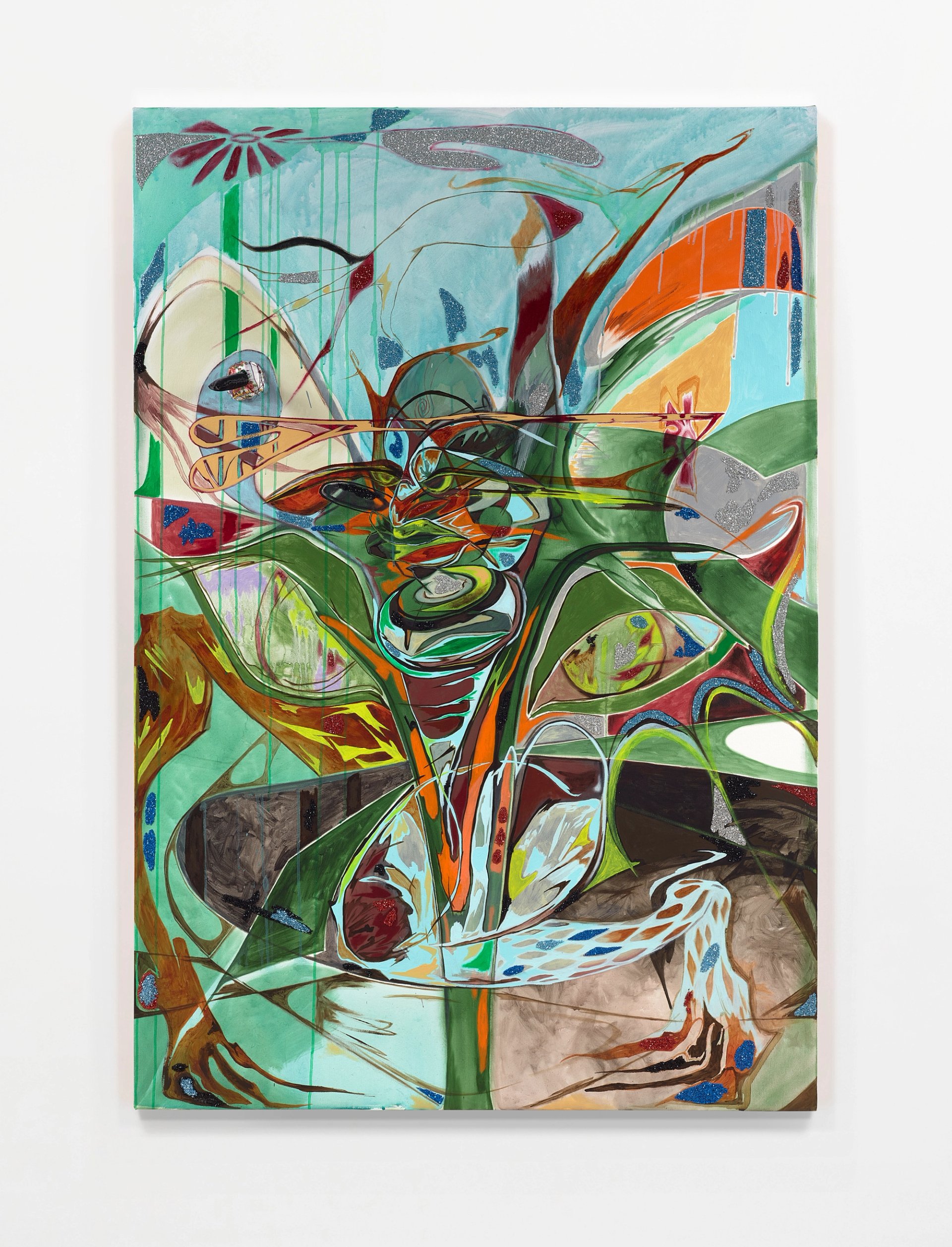
Theresa Chromati Catch moments ( shes watching ) (2022) Courtesy Jessica Silverman
For this smart young set, Expo Chicago is a trove of educational possibilities. To that affect, this year the fair will debut its inaugural Directors Summit, which will gather eight rising museum leaders from across the country for conversations around museum leadership and institutional reinvention. The participants include Louise Bernard of the Obama Presidential Center Museum, Adam Levine of the Toledo Museum of Art and the California African American Museum’s Cameron Shaw.
Returning this year will be the fair’s initiatives Curatorial Forum, which gathers 40 mid-career curators from across the globe to discuss an array of issues from institution building to audience engagement, and the Curatorial Exchange, which, through a partnership with multiple foreign consulates and cultural agencies, fosters a dialogue and promotes future collaboration among international curators.
For all its international flair, Expo Chicago is firmly rooted in the Midwest and gives its vibrant and diverse local galleries an international stage.
“While I'm well aware that art fairs are conventionally driven around sales—and this may not be a perspective shared by most of my peers—the fact that you are in Chicago allows for some experimentation and an approach to art fairs that is more informational and idea-based rather than being solely sales-based,” says Emanuel Aguilar at Chicago’s Patron gallery. “Expo has always done an amazing job at gathering a large number of curators and museum groups at the fair, and I find that to be a very valuable and refreshing component, especially when it comes to the sea of fairs and art gatherings globally. While the sales are important for obvious reasons, I do think there is room for different models and approaches to art fairs. Do we need another sales-driven week in the calendar? Probably not. But could we use more events focused on sharing ideas and planting seeds amongst the passionate sea of collaborators we have in this beautiful industry of creative and critical thinking? Absolutely!”
- Expo Chicago 2022, April 7-10, Navy Pier.


